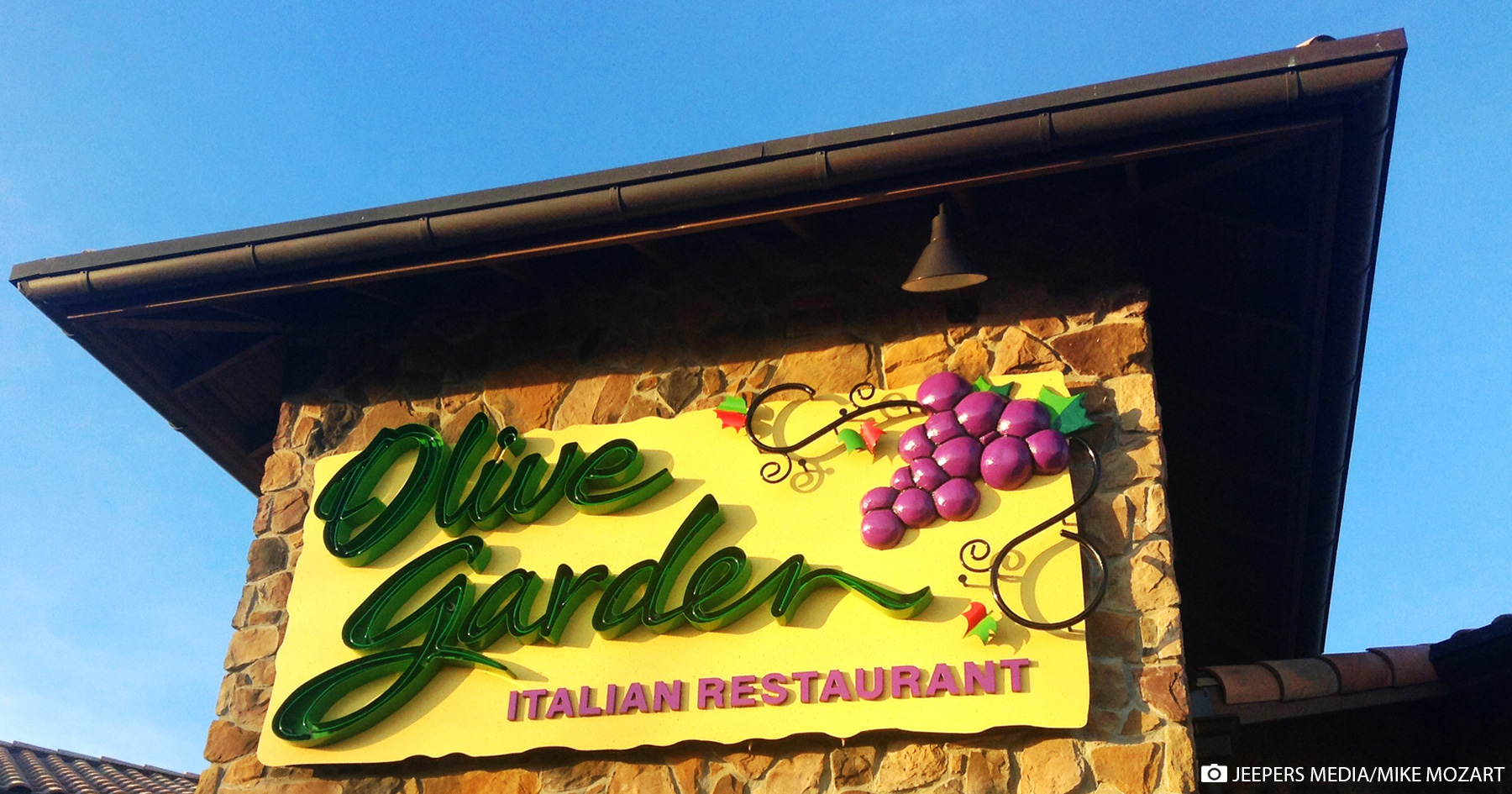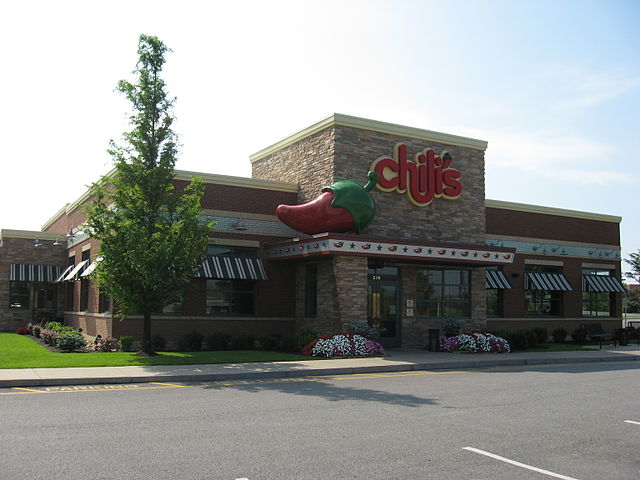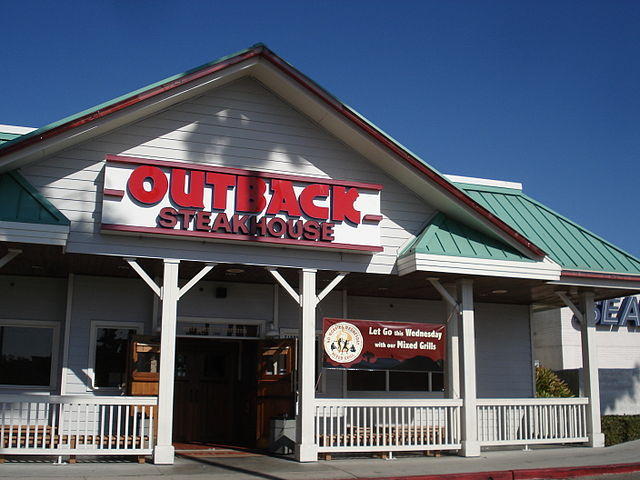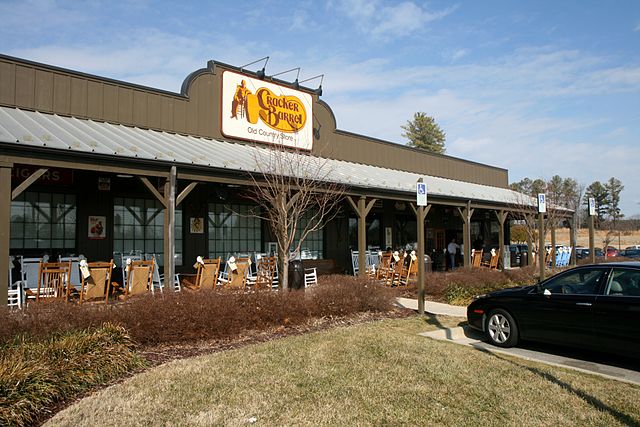The 2 Disturbing Ways Restaurants Are Quietly Ripping You Off
By:
A recent report just highlighted the effective double subsidy that America's largest restaurant chains receive from taxpayers and customers alike. Drawing on data from the Bureau of Labor Statistics as well as U.S. Census Bureau, the report concludes that more than 9.4 billion dollars each year are incurred by American taxpayers to support full-service workers (waiters, waitresses, bartenders, cooks, and dishwashers) who require public assistance. Released by the Restaurant Opportunities Center (ROC) United, a pro-labor, non-profit organization, the report also argues that the necessity of tipping most full-service employees to compensate for their sub minimum wages (for many $2.13 per hour) constitutes another generous subsidy to restaurant operators directly from the pockets of consumers.
According to the ROC United, "tipped restaurant workers live in poverty at 2.5 times the rate of the overall workforce," and nearly 50 percent of families of full-service restaurant workers are enrolled in one or more public-assistance programs such as Medicaid, the Children’s Health Insurance Program, SNAP, Temporary Assistance for Needy Families (TANF) or low-income housing. The cost of public assistance to families of full-service restaurants workers is exactly $9,434,067,497 per year.
Millions of full-service restaurant workers live in poverty because dining operators and their trade group, the National Restaurant Association, have lobbied aggressively to keep the federal tipped minimum wage frozen at $2.13 per hour since 1991. Because employee payroll constitutes about one-third of restaurants' overhead, any mandated wage increase portends a threat to employers' bottom lines.
"You can pretty much ask anyone in the restaurant industry and they’ll tell you that dealing with being groped, uncomfortably hit on, being told to wear tight clothes and show more cleavage, and even currying favor with your managers and co-workers to get the best shifts for tips -- that’s all just ‘part of the job,’" Maria Myotte, the national communications director for ROC United, told ATTN:. "This dynamic stays with women for life, the report also shows that tipped workers are more likely to tolerate forms of harassment later on in life at different industries because ‘it was never as bad as it was in the restaurant industry.’
As the ROC report reveals, the 5 largest restaurant operators (Darden, Dine Equity, Bloomin' Brands, Brinker International, and Cracker Barrel) have spent more than a combined $3.2 million on federal lobbying activities to fight against a higher minimum wage for their employees:
1. Darden (which owns The Olive Garden, LongHorn Steakhouse, Capital Grille, Bahama Breeze, Seasons 52, Eddie V's and Yard House) has spent more than $1 million on federal lobbying and costs taxpayers an estimated annual average of $339,772,942 to cover public assistance for its employees.
 Jeepers Media/Mike Mozart - flic.kr
Jeepers Media/Mike Mozart - flic.kr
2. Dine Equity (which owns IHOP and Applebee's) has spent $930,000 on lobbying and costs taxpayers an estimated annual average of $449,569,135 to cover public assistance for its employees.
 Awesimo / Wikicommons - wikipedia.org
Awesimo / Wikicommons - wikipedia.org
3. Brinker International (which owns Chili’s Grill & Bar as well as numerous smaller Maggiano’s Little Italy chains) has spent $320,000 on federal lobbying activities and costs taxpayers an estimated annual average of $237,432,503 on public assistance.

4. Bloomin' Brands (which owns Outback Steakhouse, Carraba’s Italian Grill, Bonefish Grill, and Fleming’s Steakhouse) has spent $570,000 on federal lobbying and costs taxpayers an estimated annual average of $233,711,874 on public assistance.

5. Cracker Barrel has spent $400,000 on federal lobbying and costs taxpayers an estimated annual coverage of $166,870,371 on public assistance.
 Ildar Sagdejev / WIkicommons - wikipedia.org
Ildar Sagdejev / WIkicommons - wikipedia.org
To conclude its report, the ROC United advocates eliminating the tipped sub-minimum wage, raising the federal minimum wage as well as "enacting a legislative requirement that places special emphasis on raising wages at large companies that place outsized burdens on public spending."
You can sign ATTN:'s petition to raise the minimum wage below.
